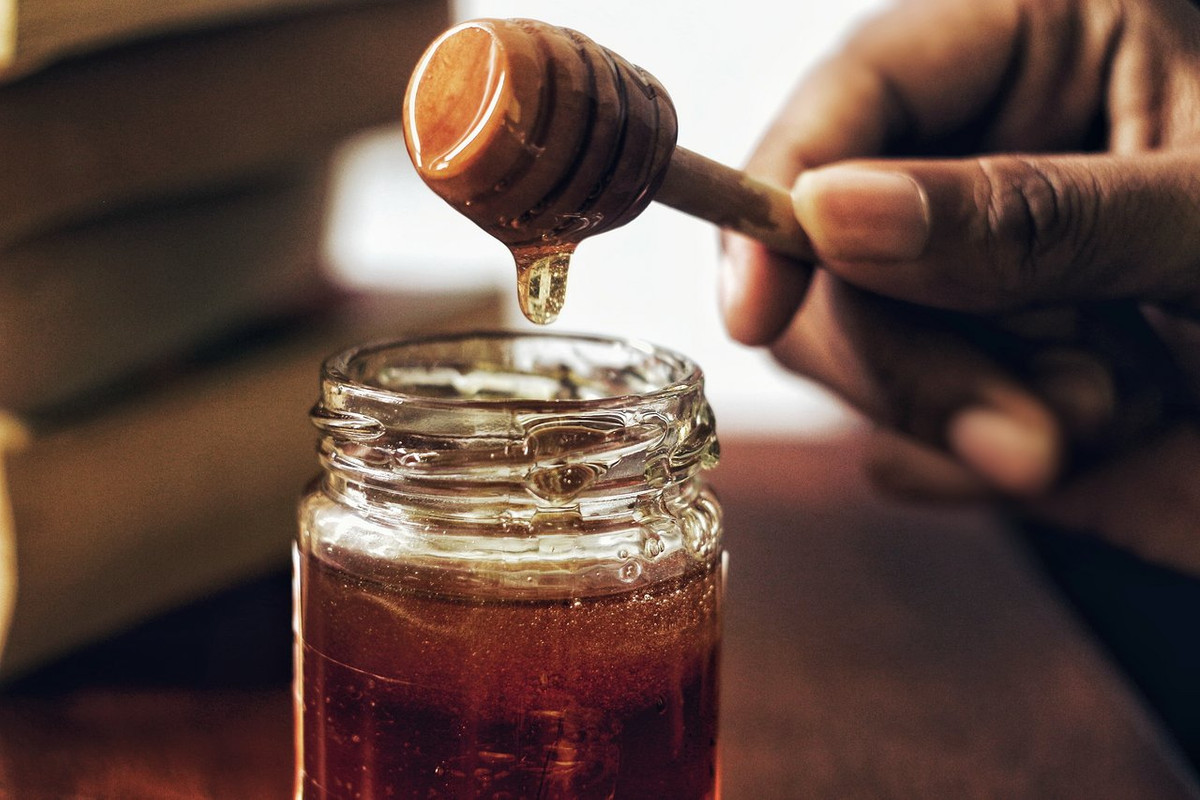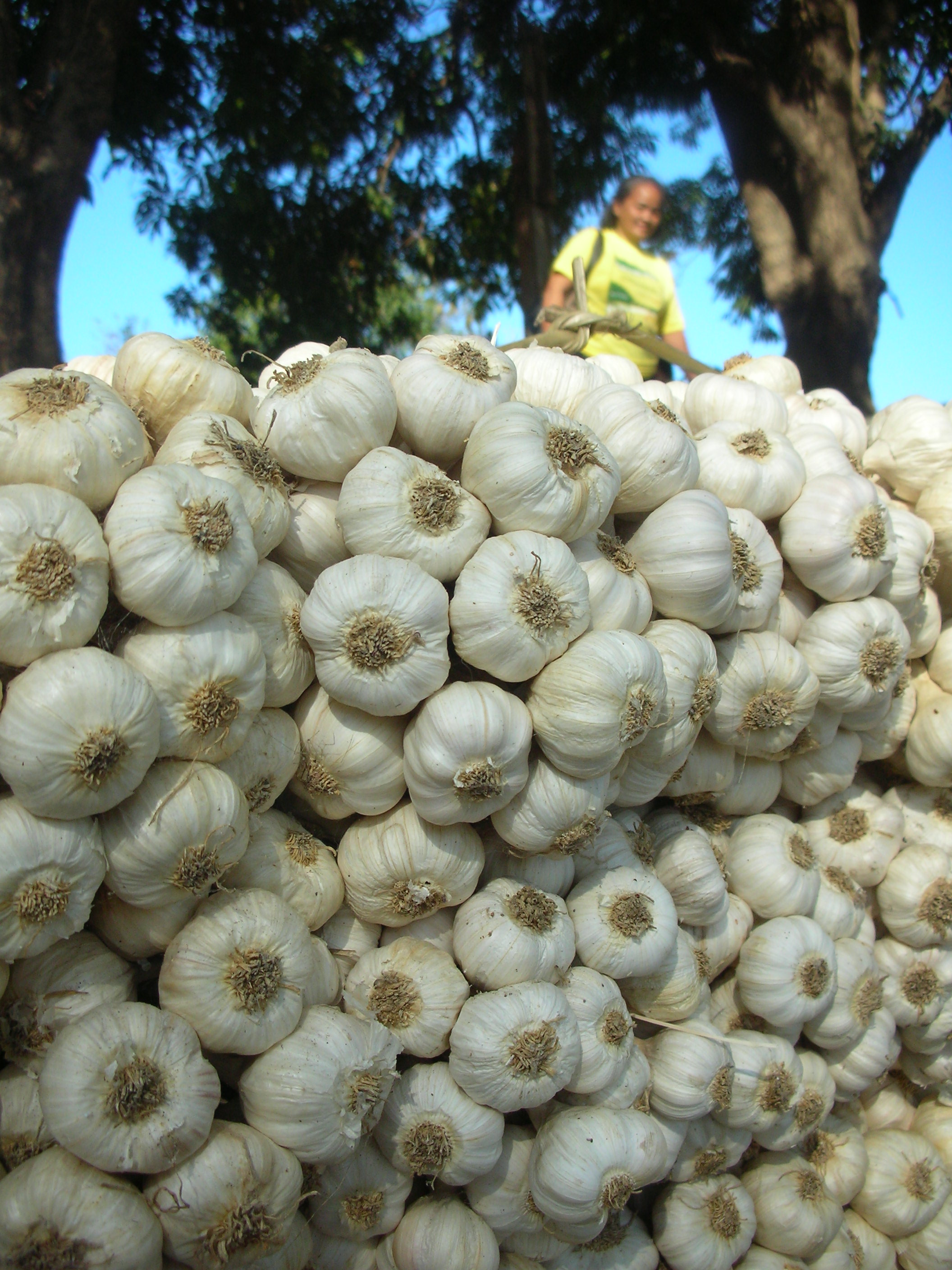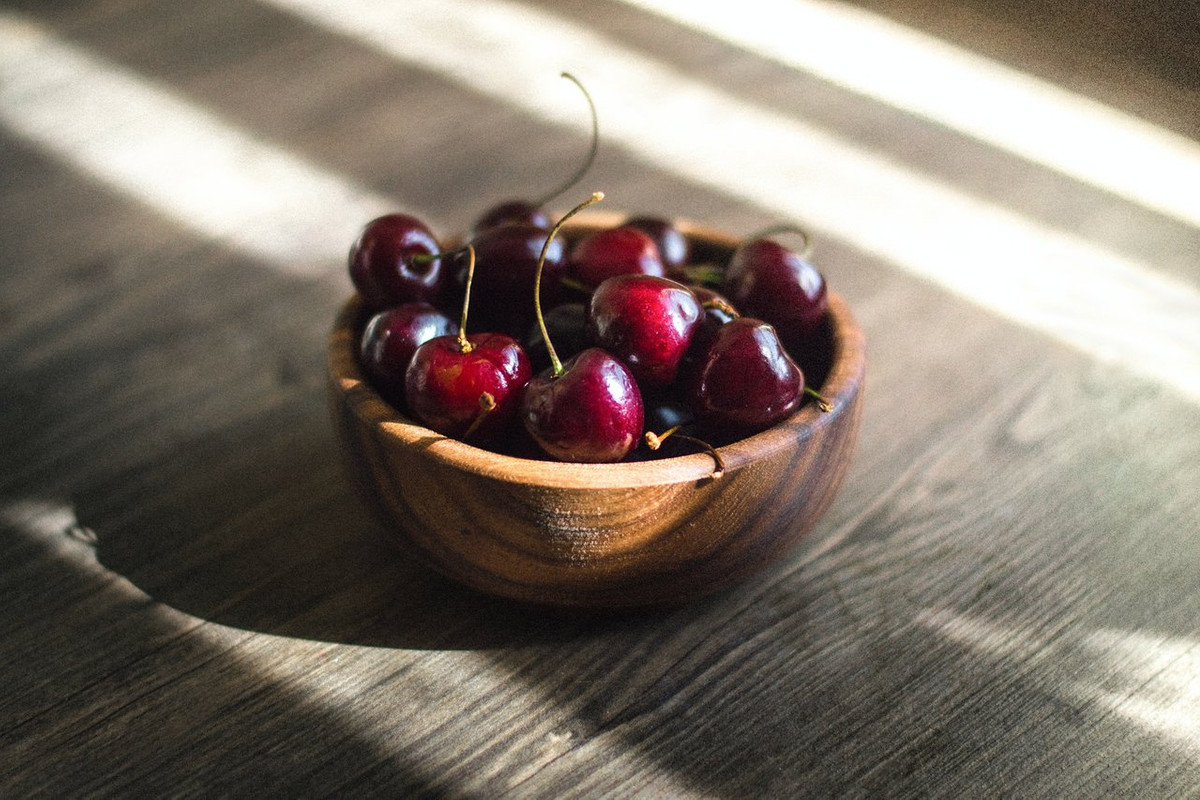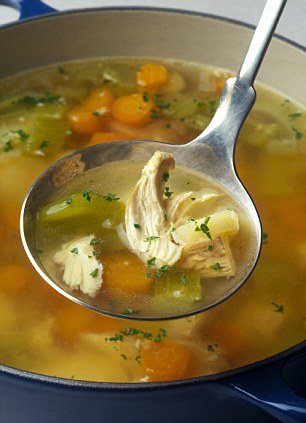9 Home Remedies You Shouldn't Underestimate Because Science Says They Work
Yeap, your grandmother was right: ginger is good for you.
1. Ginger: anti-nausea agent that also reduces muscle pains
Research data indicate that ginger and its constituents accumulate in the gastrointestinal tract, which supports the many observations of ginger's effectiveness as an antinausea agent and as a possible colon cancer-preventing compound.
Ginger also appears to reduce cholesterol and improve lipid metabolism, thereby helping to decrease the risk of cardiovascular disease and diabetes.
It can treat a wide range of diseases via immunonutrition and anti-inflammatory responses.
As a result of the anti-inflammatory effect of ginger, it can reduce muscle pain after intense physical activity.
2. Apple: lowers blood cholesterol and reduce lengths of common cold
A medium apple averages about 6mg of Vitamin C, not much compared to the recommended daily intake of 75mg to 90mg for adults.
But scientists have now calculated the antioxidant power of that apple is equal to more than 1,500 milligrams of vitamin C.
The vast majority of its antioxidants come from flavonoids.
Along with antioxidant protection, apples contain pectin, a soluble fiber that helps lower blood cholesterol.
However, apples' impact on common cold is debated.
Also, Vitamin C didn't reduce incidents of common cold BUT it significantly reduce the length of colds.
3. Honey: immediate relief for cough and respiratory infection
Honey has also been reported to exhibit an inhibitory effect on yeast, fungi, leishmania, and some viruses.
Topical application of honey has been effectively used on mucocutaneous injuries such as genital lesions, superficial skin burns and post operation wounds.
In addition, honey has been used in some gastrointestinal, cardiovascular, inflammatory, and neoplastic states.
Honey can also be used as an immediate relief for cough or sleeping difficulty from respiratory infection.
Known from its antibacterial activity, honey increases the releases of cytokines which signal cells to repair themselves.
4. Garlic: reduces colds and flu, and good for cardio too
Garlic increases the growth of Gamma delta T cells and natural killer (NK) cells, so it is able to pick up invading pathogens and remove them more effectively.
Garlic contains numerous compounds that have this potential and, in addition, has been shown to influence NK cell function.
Research results suggest that supplementation of the diet with aged garlic extract may enhance immune cell function and that this may be responsible, in part, for reduced severity of colds and flu.
Garlic contains allicin as the main active ingredient with prospect to provide beneficial effects on cardiovascular system.
Similarly, garlic prevents from cardiovascular disease through inhibition of lipoprotein (LDL) oxidation thus inhibiting atherosclerosis of vessels, important risk factors for cardiovascular disease.
5. Cherries: helps you get better sleep
According to agricultural research studies, cherries are one of the only natural food sources of melatonin, the chemical that controls the body’s internal clock to regulate sleep.
Dried cherries and cherry juice (especially tart cherry juice, which contains less sugar) are good substitutes.
Consumption of a tart cherry juice concentrate provides an increase in exogenous melatonin that is beneficial in improving sleep duration and quality in healthy men and women and might be of benefit in managing disturbed sleep.
6. Chicken soup: prevents side effects of common cold
Dr. Stephen Rennard, a pulmonary expert at the University of Nebraska Medical Center in Omaha, found evidence the soup contains anti-inflammatory properties that may help prevent a cold’s miserable side effects.
Used in ancient times, the idea that chicken soup, often dubbed the 'Jewish penicillin', has medicinal effects dates back to ancient times, but modern scientists have never fully deciphered the reasons.
Researchers believe colds are caused by viral infections in the upper respiratory tract. The body responds with inflammation, which triggers white blood cells to migrate to the area.
Chicken provides anti-inflammatory impact by preventing neutrophils, a type of white blood cell from moving. By slowing down the movement of neutrophils, it prevents the cells from congregating in the lung area, relieving congestion.
7. Turmeric: an anti-cancer agent that helps treat sprains and swelling, and make skin better
Historically, turmeric has also been applied directly to the skin for eczema and wound healing.
Today, traditional or folk uses of turmeric include heartburn, stomach ulcers, gallstones, inflammation, and cancer.
It is also used for the treatment of sprains and swelling caused by injury, for the treatment of biliary disorders, anorexia, cough, diabetic wounds, hepatic disorders, rheumatism and sinusitis.
Turmeric was already proved beneficial in various types of cancers like duodenal tumors, tongue carcinoma, colon cancer, human breast cancer cells in-vitro, and mammary tumor in-vivo.
Turmeric acts effectively both orally and topically initiation stage of mammary cancer than in the promotion stage of mammary carcinoma.
8. Aloe vera: reduces healing time of burns
Aloe vera gel contains powerful antioxidants, which belong to a large family of substances known as polyphenols.
These polyphenols, along with several other compounds in Aloe vera, can help inhibit the growth of certain bacteria that can cause infections in humans.
Studies suggest that it is an effective topical treatment for first- and second-degree burns.
A review of four experimental studies found that aloe vera could reduce the healing time of burns by around 9 days compared to conventional medication.
9. Salt water: reliefs sore throats and congestion
A sore, itchy throat and respiratory congestion are some of the more common symptoms of a cold, and gargling with salt water seems to help for several reasons.
A saline solution can draw excess fluid from inflamed tissues in the throat, making them hurt less, said Dr. Philip T Hagen, editor in chief of the Mayo Clinic Book of Home Remedies.
Dr. Hagen pointed out that gargling also loosens thick mucus, which can remove irritants like allergens, bacteria and fungi from the throat.
Studies show that the group that regularly gargled had a nearly 40 percent decrease in upper respiratory tract infections compared with the control group, and when they did get sick, "gargling tended to attenuate bronchial symptoms", the researchers wrote.
Other studies have also found gargling helpful against sore throats and congestion.








